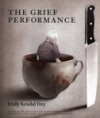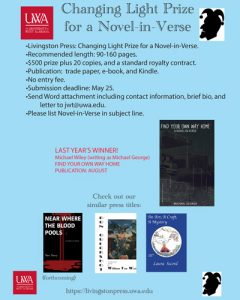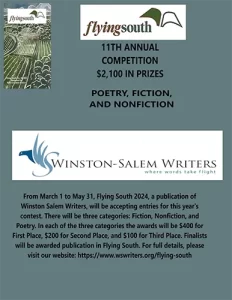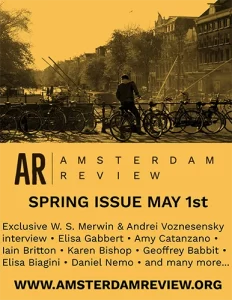The Grief Performance
Emily Kendal Frey toys with the utmost minimalism in The Grief Performance. In the first section of the book, her poems strongly favor striking imagery over narrative with—at-times cryptic—snapshot poems consisting of very short lines and frequent line breaks. The images are nonetheless powerful, always expanding unconventionally on a telling title, including six pieces entitled “The End.” Death is, pertinently, the great equalizer in Frey’s poems: “Then you die / in the big wooden chest of glory / alone,” she writes in “Meditation on a Meditation of Frost” and “We’re all going / to the same place” in “The March.”
Emily Kendal Frey toys with the utmost minimalism in The Grief Performance. In the first section of the book, her poems strongly favor striking imagery over narrative with—at-times cryptic—snapshot poems consisting of very short lines and frequent line breaks. The images are nonetheless powerful, always expanding unconventionally on a telling title, including six pieces entitled “The End.” Death is, pertinently, the great equalizer in Frey’s poems: “Then you die / in the big wooden chest of glory / alone,” she writes in “Meditation on a Meditation of Frost” and “We’re all going / to the same place” in “The March.”
The second section of her book moves into a longer, more narrative form, which still manages to convey a significant amount in few words though they are more plentiful. Frey’s poems are exceedingly sensuous while performing the expression of emptiness, grief, failure, and “faking it.” There is a great deal of emphasis on the corporeal, particularly images of the body physically opening up in a way that is almost delicate rather than gruesome.
The third and final section is one extended sequence piece which returns to the minimalistic form and incorporates what appears to be found poetry—the poet expands cleverly on small quoted quips. Frey is a master of the two and three line poems, which leave a lingering bitter taste once the reader has moved past the page. Despite the collection’s title and recurring themes, Frey does not deprive us of great beauty, as she searches for the real meaning of success: “so love becomes / a blue thing / and we shine,” she writes in “The End.” Simple, but perfect: an analysis which sums up the entire book.





